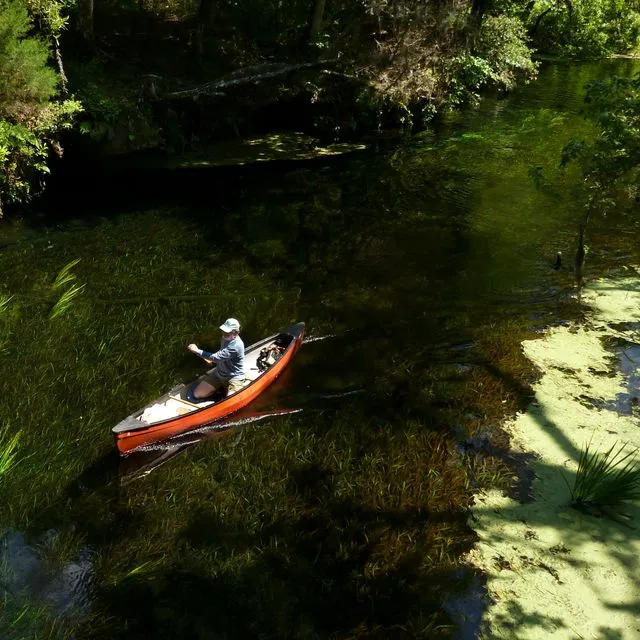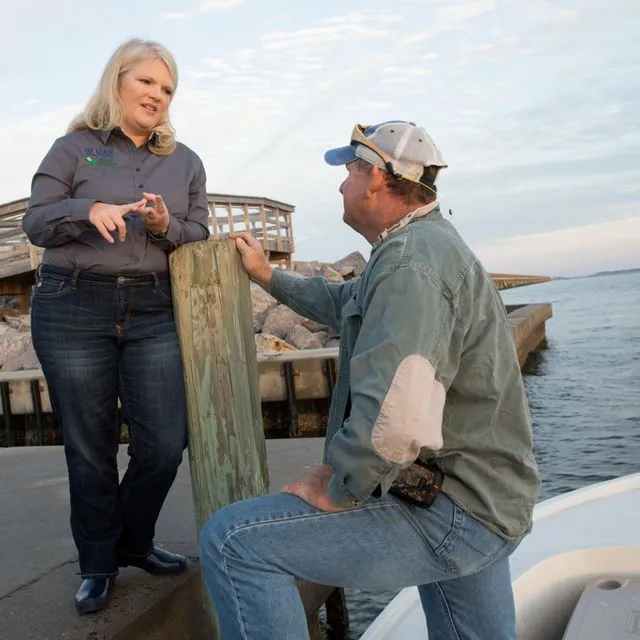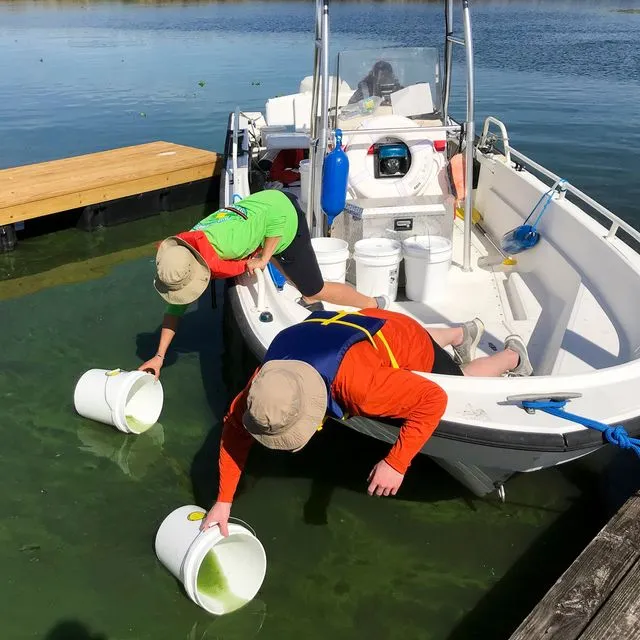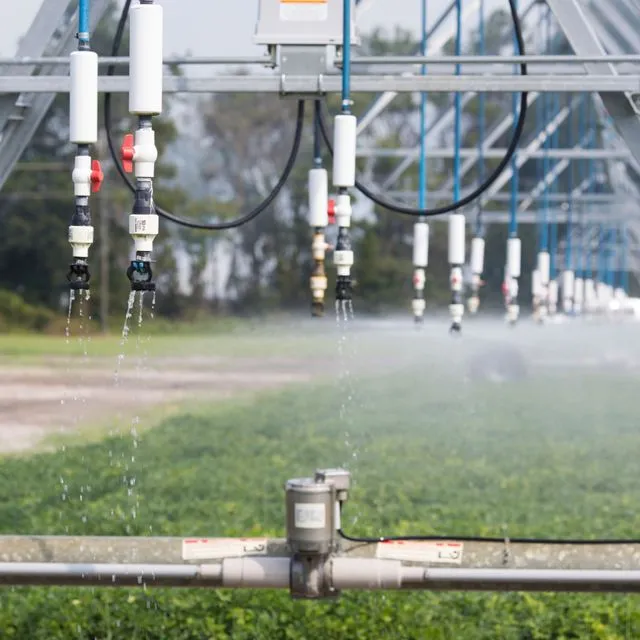Communicating About Water in the Floridan Aquifer Region
This series provides research-based strategies for minimizing polarization and improving collaboration between groups with different water preferences.
Intended audiences: water managers, government officials, scientists, Extension faculty, news media, industry, and other water-related organizations
This material was supported by the National Institute of Food and Agriculture, U.S. Department of Agriculture, under award number 2017-68007-26319. This material is additionally supported by the National Science Foundation under grant number 2021590. Any opinions, findings, conclusions or recommendations expressed in this material are those of the author and do not necessarily reflect the views of the National Institute of Food and Agriculture or the National Science Foundation.
Editorial Team
- Sadie Hundemer - Author
Publications
This series provides research-based strategies for minimizing polarization and improving collaboration between groups with different water preferences.
Intended audiences: water managers, government officials, scientists, Extension faculty, news media, industry, and other water-related organizations
This material was supported by the National Institute of Food and Agriculture, U.S. Department of Agriculture, under award number 2017-68007-26319. This material is additionally supported by the National Science Foundation under grant number 2021590. Any opinions, findings, conclusions or recommendations expressed in this material are those of the author and do not necessarily reflect the views of the National Institute of Food and Agriculture or the National Science Foundation.
Editorial Team
- Sadie Hundemer - Author
Publications
Showing of 1 Experts





